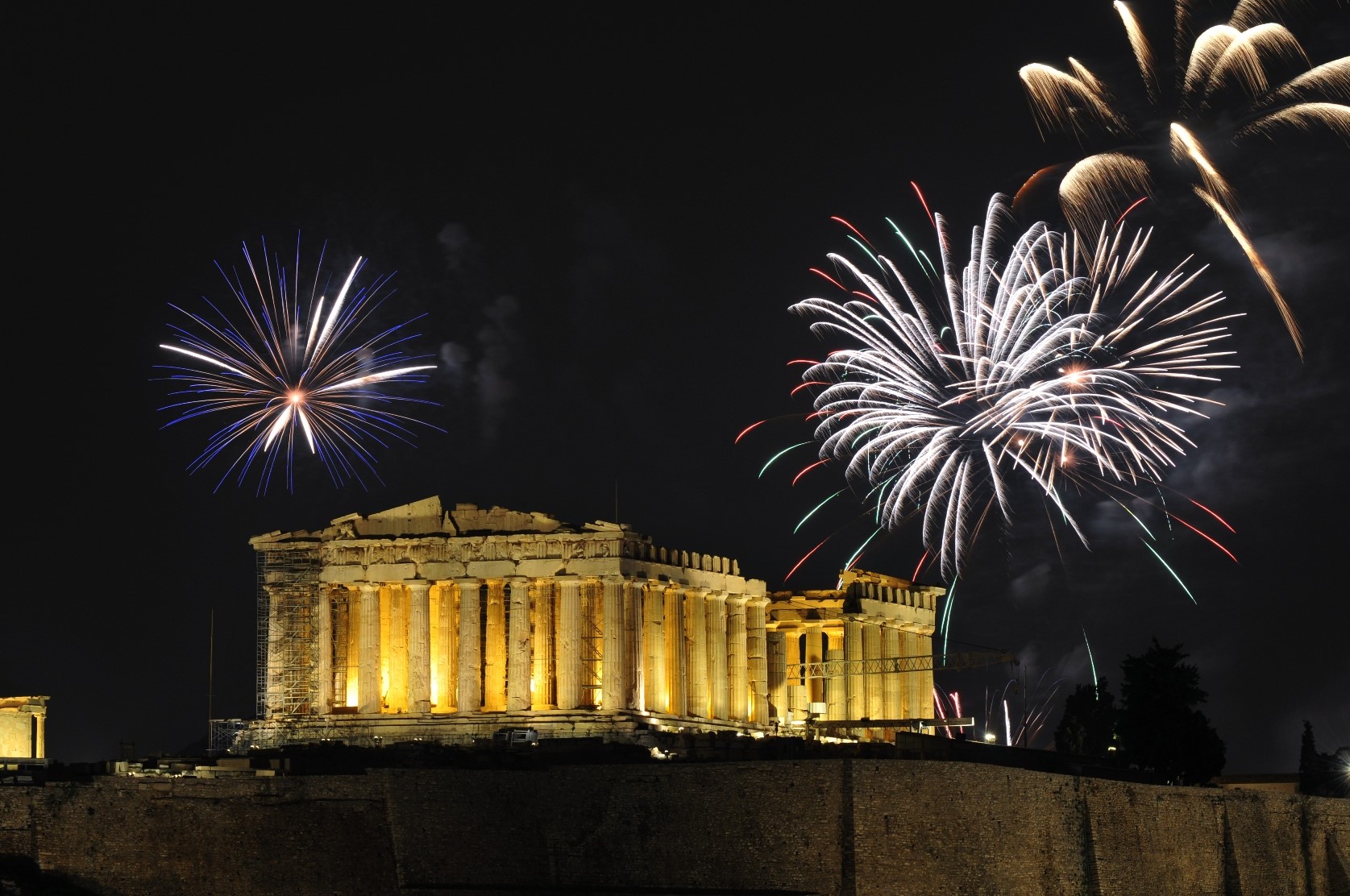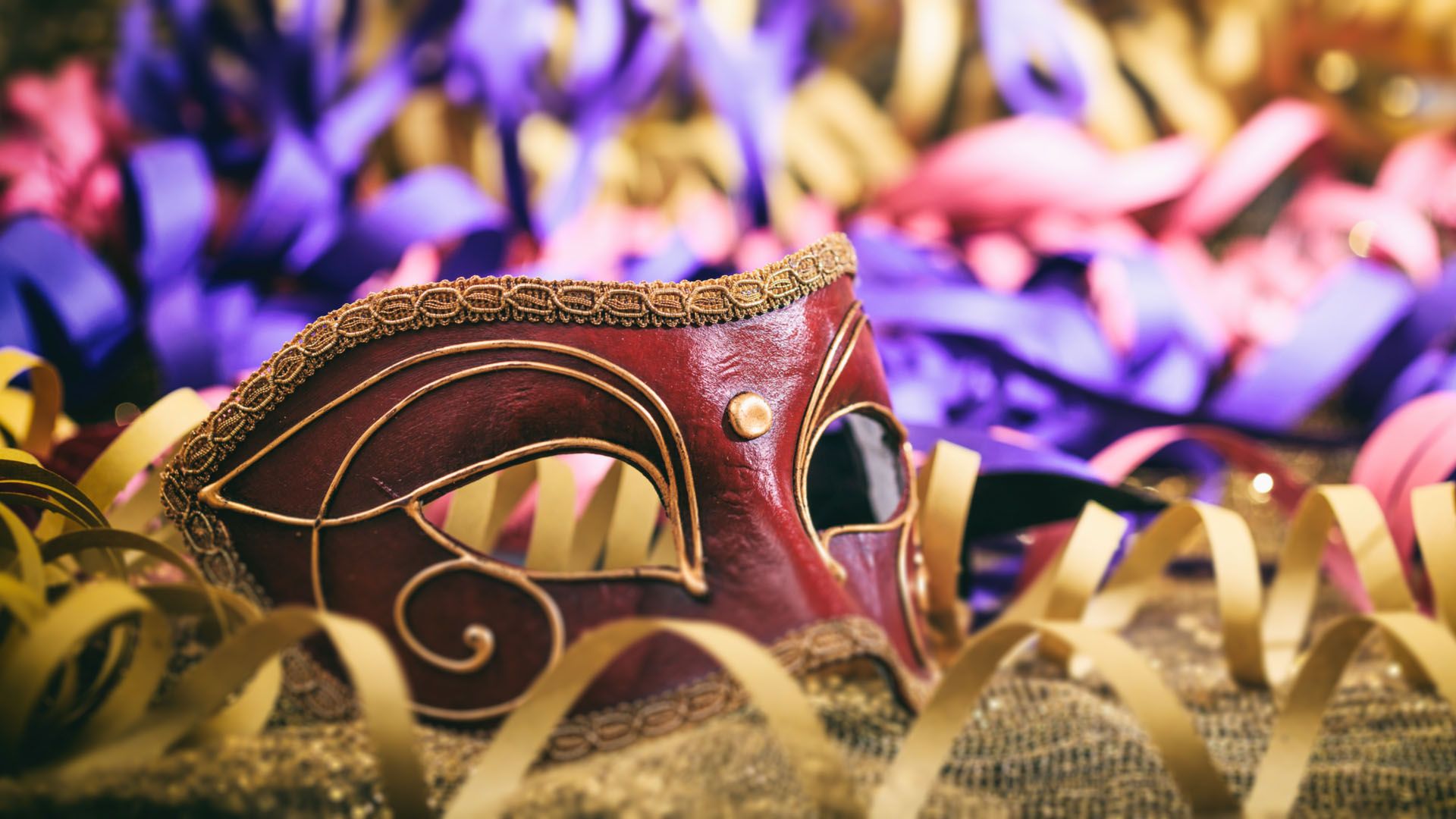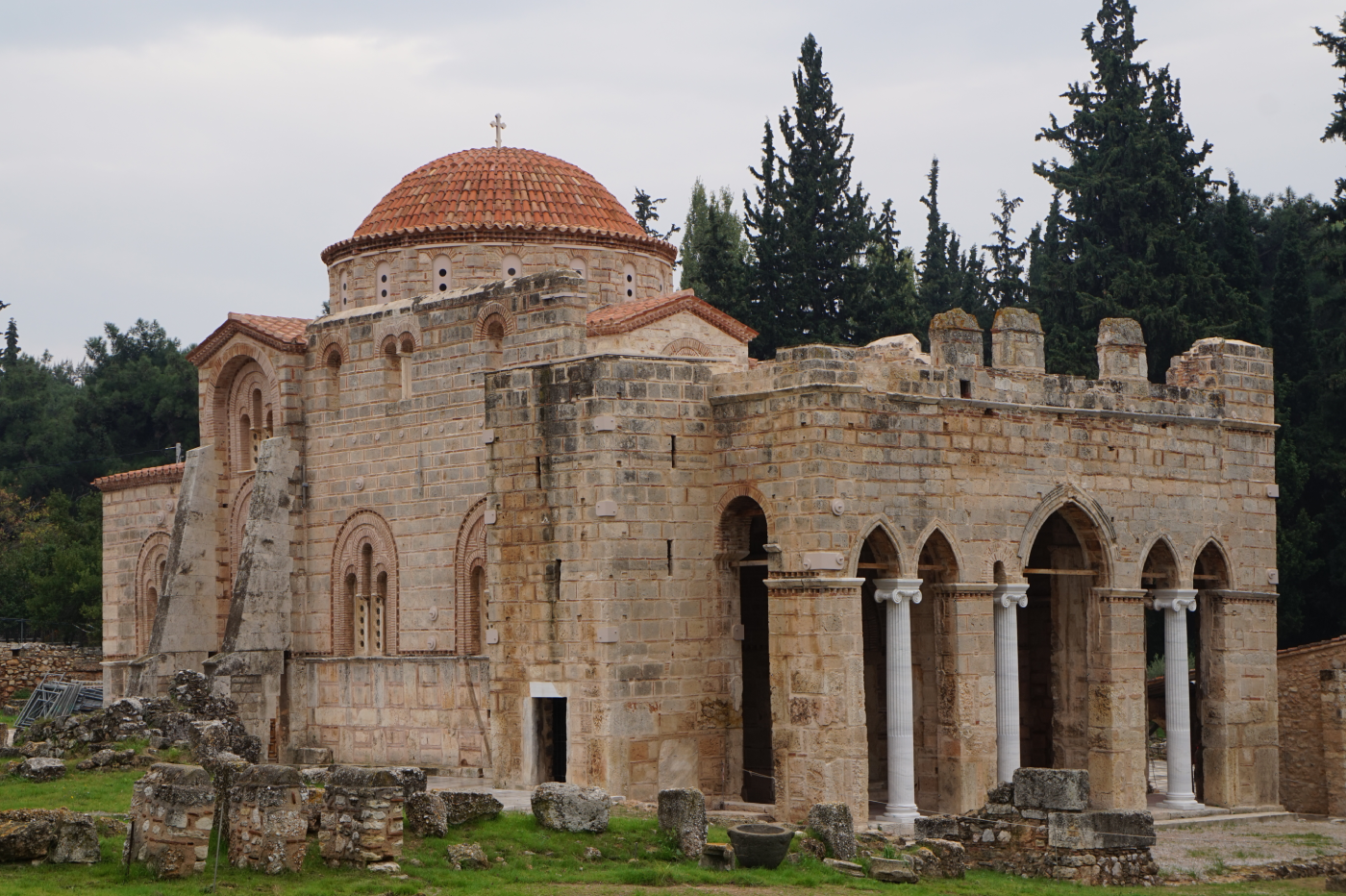Megara
Megara
Megara: an outstanding destination in West Attica!
At a crossroads between land and sea, Attica and the Peloponnese, the Corinthian and the Saronic Gulf, lies the town of Megara, a destination in West Attica that boasts rich history, natural beauty and hidden treasures that amaze all visitors.
Megara is one of the most ancient regions that were inhabited in Greece and one of the greatest and most important commercial hubs, due to its geographical position. Today, archaeological finds that testify the long history and heritage of Megara are to be found all around the town.
Monuments and Archaeological Sites
One of the most significant archaeological monuments in Megara is the so-called “Theagenes Fountain”. It is among the best known water supply constructions in the ancient Greek world and an example of brilliant architecture, constructed in the 5th century B.C.
At the southwest end of the city, visitors will come across the remains of a large circular tower, along with foundations of smaller buildings. On the same site, there is evidence of a small temple or heroon, relating to the monument of the mythical king Kar, who built the Karia acropolis and the sanctuaries of Demeter, called “Megara”, hence the name of the city.
In the region of Pachi, on St. George hill, you will marvel at the picturesque church of St. George, on the site where once stood one of the most historic forts in ancient Megaris. Remnants of the fort around the church are still evident. Visitors can access the hill by car or on foot and enjoy the stunning view from its top. On Alkathous hill take a stroll along the scenic alleys of the old town, marvel at the beautiful churches scattered all around, and take the time to enjoy the panoramic view of the Saronic Gulf, the Megara flatlands and Pateras mountain range. On the top of Palaiokastro hill that overlooks Megara coast, you will have the chance to see part of the fortification of late Medieval times, which survives to this day.
A visit to the Archaeological Museum of Megara will introduce you to the archaeological treasures of the region, while at the Kastaneio Folklore Museum you will marvel at the beautiful traditional costumes of Megara, Salamina, Corinth, Smyrna and Spetses. The renovated Traditional Petka Oil Mill, a stone oil mill with restored equipment that is now an iconic building of industrial architecture, will take you on a journey into the history and traditions of this place.
Customs and traditions
The Megarians have always had their own traditions, customs, doctrines and superstitions, which date back to antiquity and survive to this day.
The morning of Easter Monday, the age-old custom of “Roussalia” revives in Megara: a group of young men in traditional costumes wander in the town’s neighbourhoods, singing and dancing in circles. The tradition started in the pre-revolutionary years, when the Megarians donated the income from the Roussalia to the cause of liberation of Greece from the Turks.
On Easter Tuesday, the people in Megara dance the “Trawl Dance” (Choros tis Tratas), which is unique in the whole country and dates back to the Ottoman Rule in Greece, having its roots in ancient times. It is a worshipping women’s dance, during which dancers in traditional local costumes, the “Katifenies”, sing hymns to nature and the cycle of seasons.
In Megara, the day before May the 1st, the engaged young women and their girlfriends put on the traditional local costumes and start for the groom’s house. The “Katifenies” are escorted by a young boy. The procession carries a May flower wreath and a basket that contains Easter eggs, Easter breads and a bottle of wine.
Wedding customs in Megara are extraordinarily beautiful, so if you happen to pass by a house during wedding preparations, don’t hesitate to drop in and wish the happy couple. The hosts will welcome you with great pleasure and will share with you these unique moments, extraordinary local traditions, and an unforgettable feast.
Outdoor activities
The climate and morphology of the wider Megara region create the ideal environment and conditions for sports and activities on the mountain, in the sea and… in the air. Hiking around the ancient town, in the flatlands and on the mountains of Megara will absolutely thrill you: stunning nature, ancient monuments and scattered churches, monasteries and chapels that testify the history and ancient-old religious heritage of Megara. Mountain bike routes, paragliding, or even skydiving at the region’s civil airport guarantee truly unforgettable moments and experiences in Megara, while at the seaside resorts you will enjoy your favourite water sports, such as jet ski, wind surfing and sailing, as well as fishing and scuba diving.
Destinations
The coastline and organised tourist resorts of Megara offer total relaxation and countless opportunities to those who wish to enjoy crystal blue waters and endless beaches, have fun and taste delicious food, literally by the sea. A multitude of accommodation options, from organised camping sites to luxurious hotels, complete the unique tourism offerings of a destination that satisfies all needs and preferences!
Alepochori is one of the best known seaside resorts in West Attica. The long, indented coast of the area caters for all types of preferences, since it features sandy and pebble beaches, organised or secluded, as well as coves that are full of pine trees, accessible only by boat.
Kineta is a lush pine tourist resort that has everything. Here you will find crystal blue waters and huge beaches with tiny white pebbles and sand, ideal for relaxation and water sports. Beach bars and restaurants round out this delightful experience, with endless fun and enjoyment, in the warm days and nights of summer.
Nea Peramos is famous for its tavernas that serve fresh fish, seafood and shellfish right by the water. Every year, on the last Friday of August or the first Friday of September, the harbour of Nea Peramos hosts the “Fishermen’s Night”, the local festivities attended by crowds of people, who enjoy local seafood flavours, live music and plenty of traditional dancing.
Pachi is a beautiful fishing village that lies a few kilometers away from the centre of Megara. Here you will savour fresh fish, directly from the Saronic Gulf, and enjoy the view of the whole harbour with the traditional fishing boats, while you have your coffee or drink in one of the area’s numerous cafes.
The region of Agia Triada or Vourkari is one of the most extraordinary destinations in Attica. It is a wetland with rare species of flora and fauna, such as the flamingos and the black-headed gulls that visit the place every year.
Local products and gastronomy
The ideal climate and soil of Megara make Megara olives so distinct and tasteful, recognised as one of the best olive cultivars in the Mediterranean. The olive oil of Megara stands out for its golden colour, its sweet flavour and the aroma of ripe fruits. The Megara wine has won significant international distinctions, with its starring Roditis and Savvatiano white grape varieties and the red Mavroudi variety.
The pistachio nuts that grow in Megara are a Protected Designation of Origin (PDO) product and rank among the best varieties in the world. Fruits and vegetables of excellent quality are cultivated in the vast and fertile Megarian flatlands, with which local producers supply all stores and restaurants in the region. Megara is also famous for its fresh fish, seafood and shellfish that are caught in the Saronic and Corinthian Gulf.
During your visit to Megara, don’t forget to try the amazing local delicacies, such as the katsoumbles (doughnuts), the boumbaria, the galopita, the koutalites and the mousounda of Megara.
Its hidden treasures that thrill all visitors, the natural landscapes that fascinate, a blessed land that generously offers its goods and the beautiful traditions that managed to survive through centuries, make Megara an ideal destination for alternative and restless travellers, who seek extraordinarily charming places, off the beaten path.
Experience Attica

Magical Christmas and New Year’s Eve in Athens
Christmas and New Year’s Eve: the season when Attica is...
Attica’s Destinations
Per season

Carnivals
Carnival: Celebration, masks and dance Carnival is celebrated throughout Attica...
Attica’s Destinations
Per season

A unique religious and architectural tour around Attica
The religious tradition of Greece and Attica is closely related...
Attica’s Destinations

